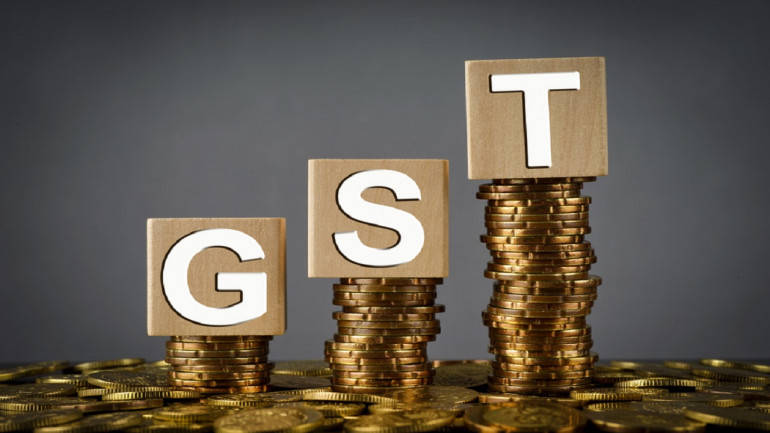
India’s historic tax reforms, rolled out on July 1, are expected to be a positive for the fast-moving consumer goods (FMCG) companies and firms producing consumer durables, analysts at Nomura said in a note.
The new Goods and Services Tax (GST) regime replaces a thicket of indirect central and state levies that critics argue have blunted economic competitiveness and hobbled efforts to lift more people out of poverty.
The analysts, in their note dated June 30, said FMCG firms benefited in the longer term from free interstate movement of goods. It would mean that “they would benefit from better logistics planning, which would bring cost efficiencies into the system.”
Strict implementation of the GST would also lead to tax compliance that could accelerate the movement from India’s vast unorganized sector — which largely does not pay taxes — to the organized sector.
In the near-to-medium term, however, the impact on individual names is likely to differ. Nomura highlighted several key beneficiaries for this time period, where the analysts said the benefit will arise out of “lower rates for many (product) categories, which would mean lower prices for several products for end consumers.” This, the analysts said, “may spur demand in the correct weak growth scenario.”
Among FMCG, toothpaste-maker Colgate-Palmolive is expected to be one of the key beneficiaries. Under the new regime, the average indirect tax rate for toothpaste is at 18 percent, down from an average of 23-24 percent, the analysts noted.
This means Colgate can possibly reduce prices “in excess of 5 percent,” which would make its products cheaper and thus lead to volume growth. Similarly, Colgate’s competitors, which were previously in a lower tax bracket, would now be taxed the same rate, but would not be able to reduce prices in the same way, the report said.
In its rollout, the government has introduced an anti-profiteering provisions that mandate companies that benefit from lower indirect taxes must pass on the benefits to consumers, in terms of lower prices.
Jubilant FoodWorks, which is a franchisee for Domino’s Pizza and Dunkin’ Donuts in India, will benefit from a lower indirect tax rate; under the old regime, tax rates applied were approximately 20 percent, while the current GST bracket applied is 18 percent plus full credit for service tax paid, the analysts said. They added that the company will now be “able to take advantage of the input tax credit on rent, operating expenses, housekeeping, internet bandwidth, etc.”
That, the analysts said, would be positive for all quick-service restaurant companies in general.
Indian conglomerate ITC, which has a FMCG business and is also a major seller of cigarette brands, is going to benefit from lower taxes due to the removal of dual taxation. Under the old tax regime, a value-added tax was applied on the maximum retail price that already included excise duty, the analysts said. This would allow the company to reduce prices in the range of 5 to 6 percent.
ITC shares were up nearly 6 percent in the late afternoon Singapore time.
Biscuits-maker Britannia will benefit from an overall increase in taxation on mass market biscuits, which will make its products become relatively less premium to its competitors, according to the Nomura analysts. “We foresee market share gains for Britannia in the near to medium term.”
In the consumer durables space, Nomura said there’ll likely be maximum shift from the unorganized to the organized space happening for companies like fans and lighting-makers Crompton and Havells. Except for fans, where indirect taxes rose to 28 percent from 26 percent, Crompton will benefit from declining rates in other categories including lighting and pumps, the note said.
Other companies including Asian Paints and malted beverage-maker GSK Consumer Healthcare face higher tax rates for their products. Nomura expects these companies to raise prices to offset the impact of increased taxation.




